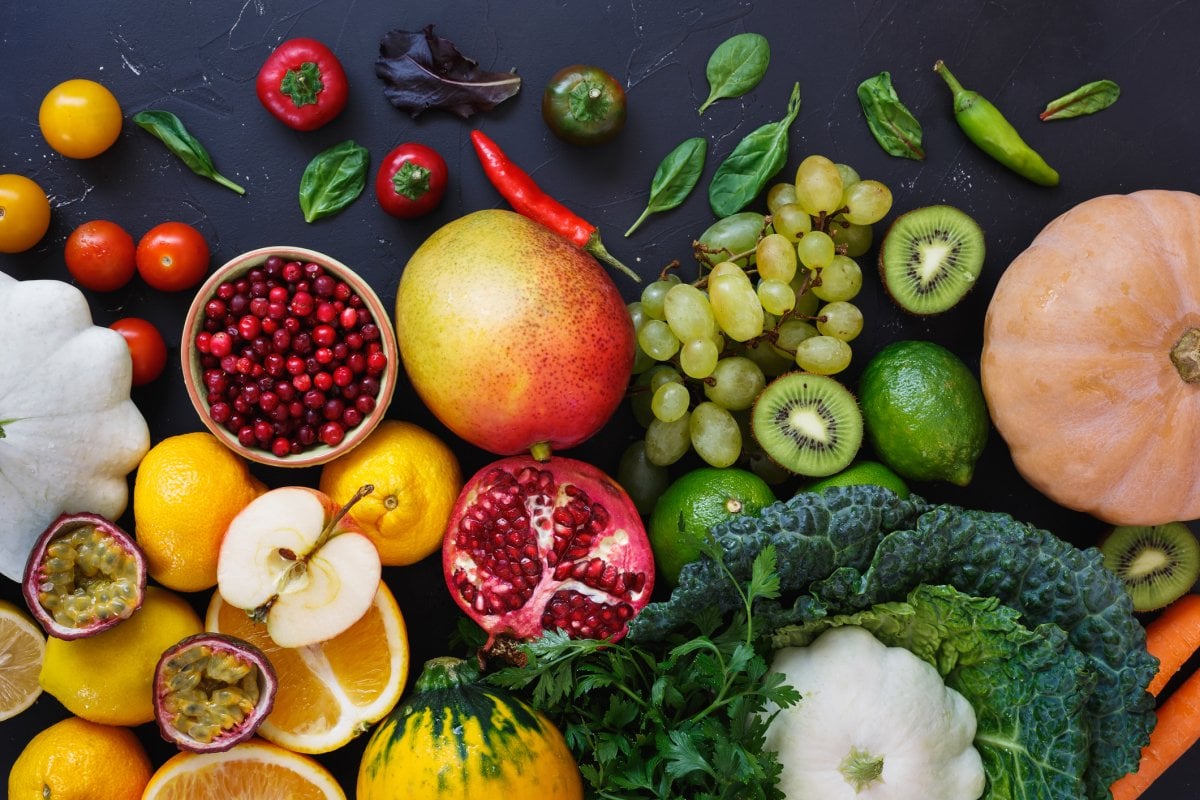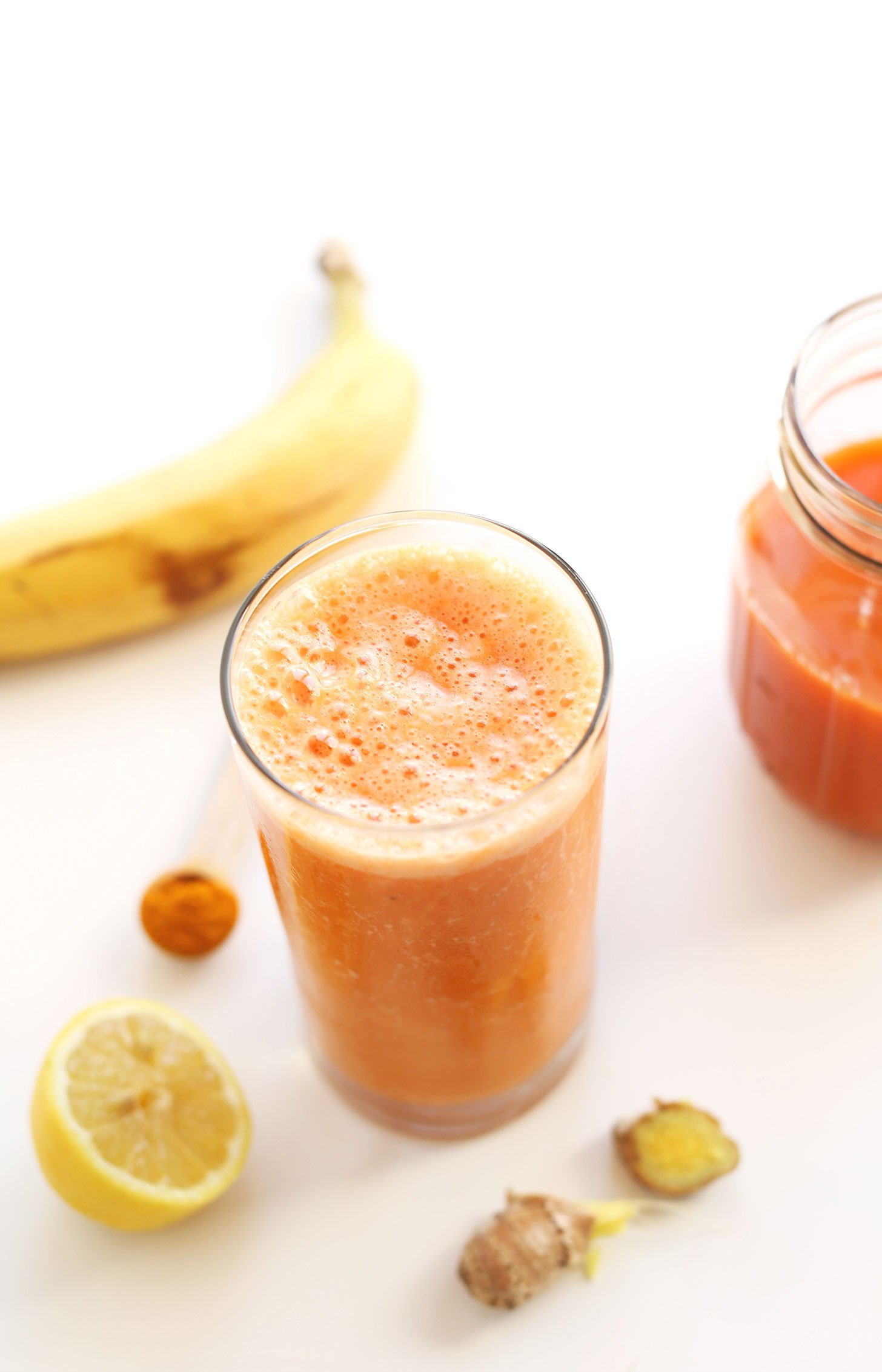Recently I had a skin checkup with a dermatologist. She found no cause for concern, but upon learning that I rode my bike to the office, she asked if I used sun protection. When I told her that I didn’t, she cautioned me that I should never go out in the daytime without being either covered in clothing or wearing sunblock. Not even for a 20-minute bike ride. And her advice is fairly typical in the dermatological establishment. Unfortunately, it may also be somewhat misguided.
A growing body of research tells us that the right amount of sun exposure is good for us.
Sun Exposure and Your Skin
I don’t know about you, but in the summertime, I spend a lot of time outside in the sun. And it turns out that some sun is actually essential because your skin needs direct sunlight to produce vitamin D. Many health experts now recommend 10-30 minutes of direct sunlight — without sun protection like sunscreen or protective clothing — every day before you cover up.
But getting too much sun exposure can be a serious problem, triggering premature aging and even skin cancer. In fact, skin cancer is now the most common type of human cancer worldwide. The World Health Organization reports that one out of every three cancer diagnoses is skin cancer.
There’s no doubt about it: Getting burned can be seriously hazardous to your health. But it turns out that your diet and lifestyle can have a significant impact on the health of your skin, and on how your body responds to sunlight and other possible stressors.
How Food Can Protect Your Skin

Certain foods can act as natural sun protection. And they can help your body protect itself from the skin damage that can lead to skin cancer. They can also protect your skin from other damaging effects of too much sun so that you can get the vitamin D and other health benefits you need, with a lower risk of harm.
How does this work? Eating foods high in antioxidants — compounds found in plant foods that help protect your body from free radical damage — does more than lower your risk for things like heart disease and diabetes. Antioxidants are photoprotective of your skin (a fancy way of saying that they protect your skin from light); they prevent oxidative damage from the sun, and they reduce inflammation of your skin cells.
A 2001 study found that antioxidants — especially vitamin C — play a significant role in acting as a natural sunscreen and protecting your skin from sun damage. When applied in amounts that accumulated on the skin, vitamin C actually destroyed any free radicals that it came into contact with. What does this mean for us? Perhaps adding antioxidants into sunscreens is a good idea, but we should also eat them in abundance — and on a daily basis.
For some of the top antioxidant-rich foods, click here.
10 Foods For Sun Protection

Here are ten of the best foods for sun protection.
1) Grapes and Grape Seed: Sixty to seventy percent of the polyphenols in grapes are in their seeds. Grapes contain a unique type of polyphenol called procyanidin, which may have cancer-preventing properties. Studies have shown the ability of grape seed proanthocyanidins to attack melanoma cells, and lab studies have shown their effectiveness in targeting oral squamous cell carcinoma. Research suggests that grapes and grape seed extracts could offer sun protection by reducing the effects of UV rays on skin.
2) Garlic and Onions: Garlic and onions are part of the Allium family of vegetables. Their oils have been shown to slow skin cancer and reduce tumors in mice. The beneficial effect of alliums on skin cancer and other diseases is largely attributed to their organosulfur compounds.
3) Pomegranate: Research shows promise for the use of pomegranate extract, oil, and juice to prevent UVB-induced skin cancer. Even when mice were fed water containing pomegranate fruit extract, they experienced a reduced risk for UVB-induced skin cancer as well as lessened tumor growth. For more on the use of pomegranate to fight cancer, click here.
4) Green Tea: One major polyphenol in tea is EGCG, which has been shown to protect skin against UV radiation effects. A 2007 population study found that drinking one cup (or more) of tea per day for at least one month reduced risk for basal cell carcinoma. This has also been shown in animal studies when mice were fed green tea. Green tea may have the ability to boost DNA repair, preventing non-melanoma skin cancers. Matcha green tea is especially potent.
5) Soy Beans: Soy foods are rich in compounds called isoflavones, which bind to estrogen receptors in your skin and may reduce wrinkles. They also improve skin elasticity, increase collagen synthesis, and have an overall skin protective effect. However, when consuming soy and soy products, choose organic soy to avoid harmful GMOs.
6) Mushrooms: The Chaga mushroom has been studied for its ability to suppress tumor growth in mice, and its extract has been shown to cause melanoma cell death in mice. Some research suggests that Chaga mushroom extract has promising potential in cancer treatment. Find out more about the health benefits of mushrooms here.
7) Turmeric: One of the oldest Ayurvedic spices, turmeric has many health benefits. Its main active ingredient is curcumin, which has been widely studied for cancer prevention. Turmeric and curcumin have been shown to significantly reduce cancerous skin lesions and inhibit cancer cell signaling. One study showed that topical and oral curcumin were equally effective at slowing skin cancer tumor growth in mice. Find out about 600 reasons why turmeric could be the world’s most important herb, here.
8) Dark Green Leafy Vegetables: A high intake of green leafy vegetables — such as kale, spinach, collard greens, and swiss chard — may reduce skin cancer risk. Research suggests this protective effect has to do with their lutein and beta carotene content. A 2007 study also found that a diet high in fruits and vegetables, like dark leafy greens, reduced risk of squamous cell carcinoma — whereas a diet high in fat and meat increased risk.
9) Ginger: Ginger is effective at slowing tumor growth and killing skin cancer cells, while fresh ginger juice has been shown to treat skin burns and lesions in lab, animal, and epidemiological studies. And gingerol, a chemical compound found in fresh ginger, has been shown to block the growth of skin cancer cells.
10) Milk Thistle Seed: Milk thistle compounds applied to the skin of mice exposed to UVB radiation prevents the development of skin cancer. What’s interesting about this is that protective effects were seen when the milk thistle was applied both before and after UVB exposure. This suggests that it actually blocks cancer pathways and doesn’t just act like sunscreen. Another similar study found that skin tumor growth was slowed when mice were fed silymarin, a phytochemical found in milk thistle.
Recipes For Sun Protection
Check out some of these recipes that use skin protective ingredients:

Carrot Ginger Turmeric Smoothie from Minimalist Baker — A nice blend of ginger, turmeric, and carotenoid-rich carrots, this is a refreshing drink that will cool you off in the summer sun while protecting your skin.
Stuffed Sweet Potatoes from Floating Kitchen — This is a great recipe that combines dark leafy greens with beta-carotene-rich sweet potatoes and beans. You could probably add a bit of turmeric to the spice mix too, for an additional protective effect.
Chaga Mushroom Tea from One Green Planet — A new way to enjoy your evening cup of hot tea, this recipe uses chunks of Chaga mushrooms, and spices like ginger, to add a skin-protecting factor.
Spanish Spinach with Chickpeas from Simple Vegan Blog — With six cups of spinach in this one, mixed with just a few other simple and healthy ingredients, you’re sure to pack in the phytochemicals.
Spiced Pomegranate Rice from Bon Appetit — Sub water or vegetable broth for the chicken broth in this one, and you’ve got a plant-powered, antioxidant-rich meal that blends pomegranate with turmeric for a flavorful rice.
The Right Sunscreen Is Still Important

Depending on how much sun exposure you get, it may still be a very good idea to wear sunscreen for additional skin protection. But which kind is best?
Many sunscreens contain chemicals like PABA, cinnamates, and oxybenzone. They can react with the sun’s rays to create free radicals and actually increase your risk of skin cancer.
And that’s not all; chemical sunscreens are associated with hormone disruption, meaning they can act like estrogen in your body and increase cancer risk. In addition, some chemicals in sunscreens may go much deeper into your body than your skin.
An alternative to chemical sunscreens is physical sunscreen, which contains natural compounds like zinc oxide and titanium oxide. While chemical sunscreens act to absorb harmful UV rays and prevent them from causing skin damage, physical sunscreens scatter UV rays. This prevents some of the UV rays from getting into your skin at all. They leave you looking a little like you’re covered in white paint because they are a physical barrier. But they do work well without exposing your body to chemicals like PABA, cinnamates, or oxybenzone.
An added reality of zinc oxide is that when you use it, some of the zinc gets absorbed into your body. Zinc is essential for metabolic function and tissue repair. Getting the right amount is important. And zinc oxide-containing sunblock could be a helpful part of the equation. However, we need more to know whether it’s also possible to absorb too much from heavy sunblock usage.
Protect Your Skin Naturally
There are many benefits to spending time outdoors. And it’s important to find a healthy balance between sun exposure and sun protection. For most of us, it’s smart to use barriers or sunscreen during times of intense and prolonged sun exposure. And you can also boost your body’s natural sun protection by eating antioxidant-rich foods year-round.
Resource: Do you want to keep your skin radiant and youthful? Aside from protecting your skin from the sun and eating sun-protective foods, good skin health comes from having a smart skin care routine. Our friends at Annmarie Skin Care have developed a line of all natural, organic, wildcrafted skin care products. And we’ve gotten excellent feedback from many of our members who swear by them.
Right now, the good people at Annmarie Skin Care are offering a Clean Beauty Trial Kit for just $19.99, plus free shipping. In this kit you’ll get:
- Their pH-balanced Aloe Herb Cleanser, which is infused with marigold, lemon essential oil, aloe vera, and coconut oil. It gently removes environmental toxins, makeup, and excess oil, without drying out your skin or leaving any residue.
- And you can also get their Anti-Aging Serum AND a sample of their Anti-Aging Facial Oil. Together these give you that extra protection from harsh pollutants and extended sun exposure. And they also nourish and firms your skin while giving it a healthy glow with ingredients like buddleja davidii and edelweiss to boost the skin’s natural defenses and protect it from environmental stressors, and jojoba, chia, and goji oils to reduce the appearance of fine lines and wrinkles.
Find out more, and get your kit here. With every purchase, Annmarie Skin Care will make a contribution in support of Food Revolution Network’s work. (Thank you!)
Tell us in the comments:
- How much sun do you think is safe and healthy?
- Do you have a favorite natural sunscreen or other way to protect your skin from sun damage?
Featured Image: iStock.com/Peera_Sathawirawong




